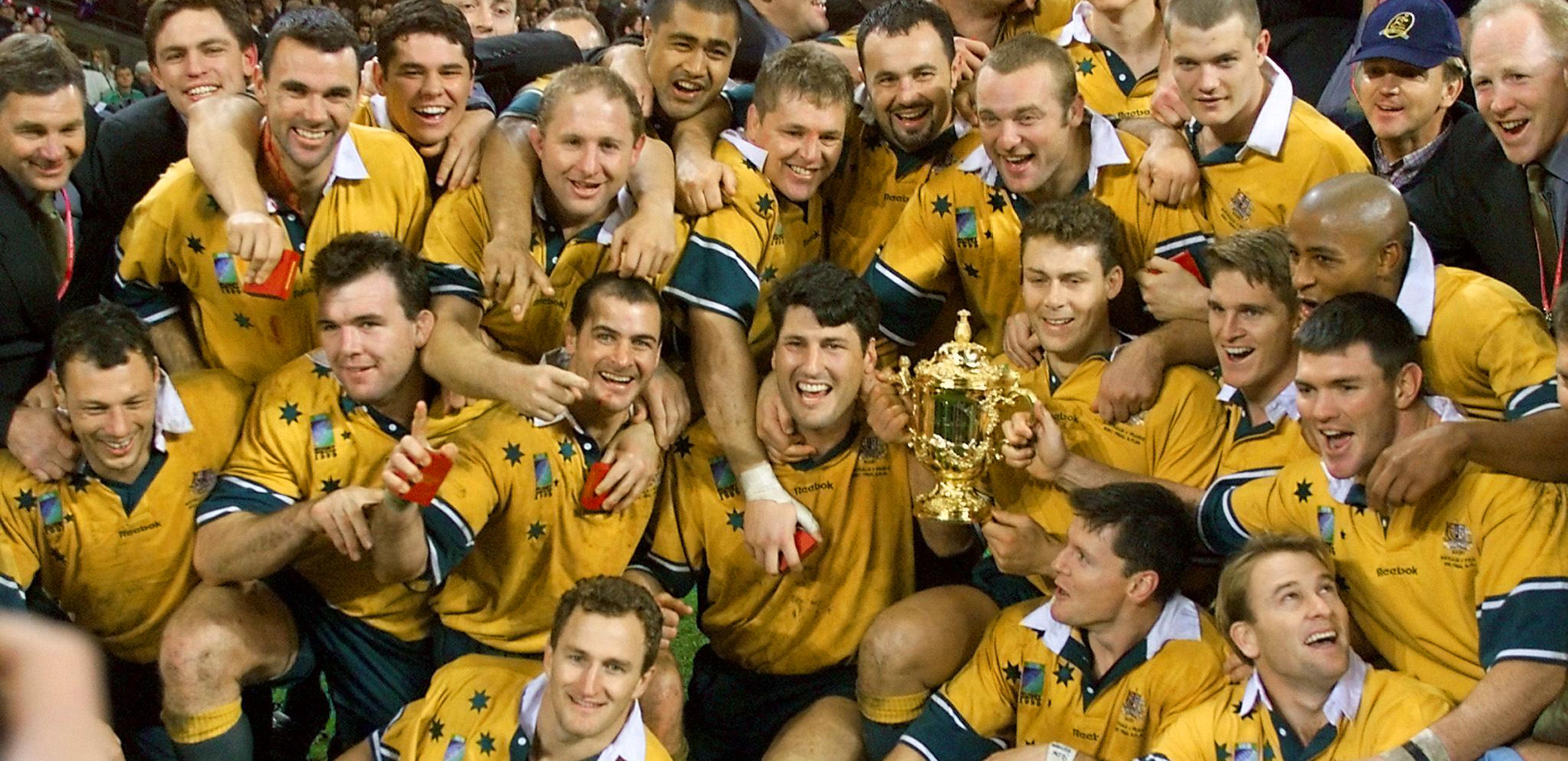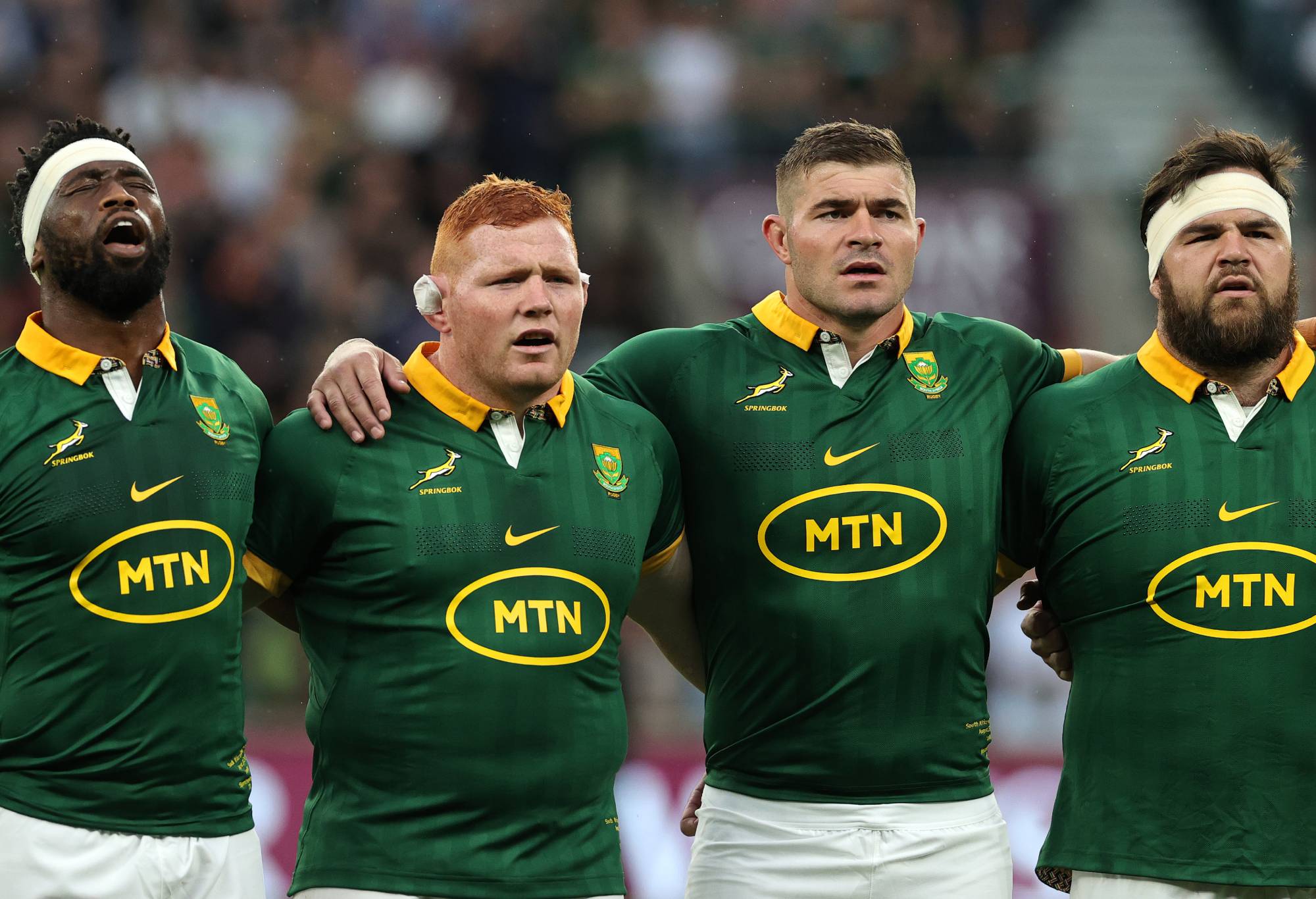Many decades ago, when I was Spiro Zavos Rugby Columnist For The Sydney Morning Herald, I was aiming to sleep in on a wintery Saturday morning. But around 6 o’clock the telephone downstairs started to ring.
For some minutes I let the phone ring on hoping that whoever the nuisance was would just hang up.
The phone rang and rang and rang, as persistent and annoying as an aching tooth.
Finally I stumbled down the stairs and picked up the phone. ‘Who’s speaking,’ I barked.
It was an ABC radio producer. Would I do an interview right away about that day’s Bledisloe Cup match between the Wallabies and All Blacks being played at Melbourne later on in the day?
As the interview went along it was clear that the interviewer (probably someone from Melbourne) did not have a clue or an interest about rugby, the Bledisloe Cup, the Wallabies or the All Blacks.
I had to explain obvious things to him like the importance and history of the Bledisloe Cup and the fact that playing at the Melbourne Cricket Ground, the cathedral of Australian Rules Football, would make the Test an away game for both teams.
The questions droned on. I tried, though with rising annoyance, to answer them until I reached a breaking point in exasperation when the interviewer asked: ‘Who is going to win?’
‘That Brian,’ I replied, ‘is why we are having the game – to find out.’
And on that unfortunate and bad-mannered put-down, I hung up. I immediately regretted the put-down. And have continued to do so ever since.
The fact is arguing about, speculating about, being passionate about and even gambling on the outcome of a tournament like the RWC, or any other sporting tournament or event, is as natural and as necessary as yelling out support for your team.
Sport is about wearing your side’s colours and traversing the ups and lows of your team with a passionate loyalty, especially during tournaments like World Cups, is as natural and as human as breathing. And good for your health and emotional well-being, As my ancestor Aristotle insisted, the drama of great events provides the catharsis we need to keep us sane.
The enthusiasm of supporters for their team on and off the field, as we saw in the latest edition of the Women’s Football World Cup tournament, can transform the tournament itself and, more importantly, create an hysteria that can lift underdog teams above even their supposed potential to become world-beaters.
This is why the French, who are masters of expressing their rugby passion – just listen to them singing their national anthem before the opening match of the 2023 RWC tournament on Saturday morning (AEST) – call home supporters ‘the sixteenth player.’
So ‘Who is going to win?’ is a valid and indeed essential question to be posed before any big sporting occasion.
What follows is my attempt to provide my sort of short answer to the question for the 2023 Rugby World Cup.
But first, I have to set out what I with no modesty call Spiro’s Law Of Rugby World Cup Tournaments:
The Best Team In The Tournament, But Not Necessarily The Best Team, Will Win The 2023 Rugby World Cup.
This brings us to an informative discussion recently on Stuff: ‘How the All Blacks can take comfort from the Springboks in Rugby World Cup mission’ by Aaron Goile.
Goile’s main point is: ‘It’s only three times out of six (in the professional era) where the best-performing side in the cycle have actually been the ones to go on and hoist the Webb Ellis Cup.’
This equation aligns with the Roman proverb about Papal enclaves: Go in Pope, come out Cardinal. Go in Cardinal, come out Pope.’
Goile points out that the three times the best-performing side going into the RWC tournament has won it, were England in 2003 and the All Blacks in 2011 and 2015.
The Wallabies were the second-best team in the world when they won RWC 1999.

Australian players pose with the Webb Ellis Cup after the 1999 Rugby World Cup final match France vs Australia at the Millennium Stadium in Cardiff on November 06, 1999. (Credit: William West/AFP/Getty Images)
But Springboks won their two titles in the professional era in RWC 2007 and RWC 2019 (after losing their first game in the tournament to the All Blacks) when they had won just over 60 per cent of their Tests over the four years between 2004 and 2007 and just under 50 per cent between 2016 and 2019.
In 2019 the World Cup-winning Springboks were ranked behind even Wales and Scotland in the World Rugby rankings table before the tournament.
The Springboks also won both their RWCs in the 21st century away from home, in France in 2007 and Japan in 2019.
It seems to me that the Springboks’ style of play, the rugby equivalent of Might is Right, is very suited to tournament success.
Moreover, this present Springboks side is one of its greatest ever, to rank with Danie Craven’s wonderful 1951 Springboks that toured the UK and smashed the so-called Home Countries in their Test if it wins this RWC tournament.
Has there been a greater pack, though, in the history of rugby than the present Springboks pack? What makes the power of the pack more frightening is that the Springboks can play an entirely different eight forwards and very little of the power and ruthlessly is lost.

(Photo by David Rogers/Getty Images)
And the way the rugby laws on the use of reserves in Tests are framed means that the Springboks power play of fielding a 6-2 or even 7-1 split between forwards and backs on their bench is allowed which in turn confronts their opponents with virtually a new pack, almost as fearsome as the starting pack in the second half of their matches.
I believe that the way the Springboks use their reserves is against the spirit of the game but within the laws of the game, so allowable during the RWC tournament.
The 6-2 or 7-1 reserves split tactic is taking the ‘game for all sizes’ out of rugby and will have to be addressed, hopefully, by World Rugby sometime before the next RWC tournament.
Right now, though, it seems to me that the Springboks have the players and the tactics to win their fourth Rugby World Cup.
How do I feel about this?
A bit like the French critic of literature who was asked: ‘Who is the best poet in France right now?’
‘Victor Hugo, alas,’ he replied.
So who will win the 2023 Rugby World Cup?
‘The Springboks, alas’.






























































































